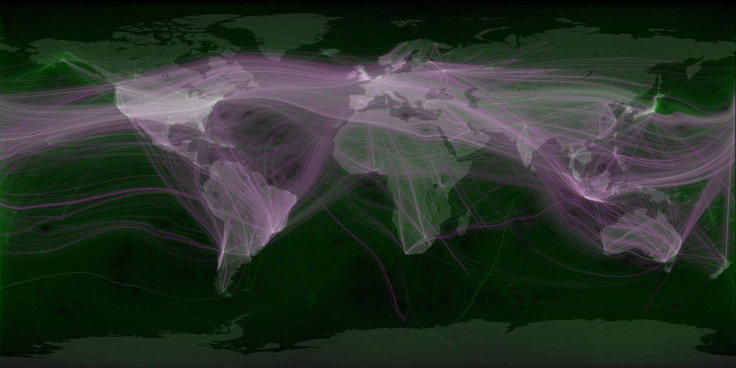Prevent Infectious Disease: Global Panel Of Experts List 10 Steps To Help Avoid Another Ebola Outbreak

The Ebola epidemic led to a reported 11,000 deaths throughout the world, prompting an international panel to meet and consider how they can work to prevent future public health outbreaks of that magnitude from happening again.
"The most egregious failure was by WHO [World Health Organization] in the delay in sounding the alarm," said Ashish K. Jha, director of the Harvard Global Health Institute, in a press release. "People at WHO were aware that there was an Ebola outbreak that was getting out of control by spring and yet, it took until August to declare a public health emergency. The cost of the delay was enormous. We owe it to the more than 11,000 people who died in West Africa to see that that doesn't happen this time."
The analysis, published in The Lancet, provides ways to improve systems, with special focus on WHO. The panel, led by the Harvard Global Health Institute and the London School of Hygiene & Tropical Medicine, warns there is a high risk of public health organizations failing to learn from their mistakes.
"We need to strengthen core capacities in all countries to detect, report and respond rapidly to small outbreaks, in order to prevent them from becoming large-scale emergencies," said the co-discover of the Ebola virus Peter Piot, who is also the director of the London School of Hygiene & Tropical Medicine, in a press release. "Major reform of national and global systems to respond to epidemics are essential so that we do not witness such depths of suffering, death and social and economic havoc in future epidemics."
One past example is the AIDS pandemic; it became so deadly it forced global public health organizations to implement a plan to improve prevention and treatment approaches. Experts, having now responded in a similar vain, hope to change the way epidemics are treated in order to reduce preventable deaths.
"The human misery and deaths from the Ebola epidemic in West Africa demand a team of independent thinkers to serve as a mirror of reflection on how and why the global response to the greatest Ebola calamity in human history was late, feeble and uncoordinated," said the panel member Mosoka Fallah, a researcher at the Action Contre La Faim International, in a press release. "The threats of infectious disease anywhere is the threat of infectious disease everywhere. The world has become one big village."
10 Steps To Avoid Future Deadly Outbreaks:
- Develop a global strategy to invest in, monitor, and maintain.
- Strengthen incentives for reporting outbreaks and declaring trade and travel restrictions
- Create a WHO Center that’s held responsible for effectively responding to outbreaks
- Hold Standing Emergency Committee responsible for transparency
- Make independent commission accountable for disease prevention and response.
- Develop rules to enable, govern and ensure access to the benefits of research
- Establish a global fund to pay for prioritized research and development
- Sustain political involvement in Global Health Committee of the Security Council
- Refinance the WHO
- Govern and reform WHO through decisive and assertive leadership
Source: Jha Ak, Fallah M, Piot P. The Lancet. 2015.
Published by Medicaldaily.com



























